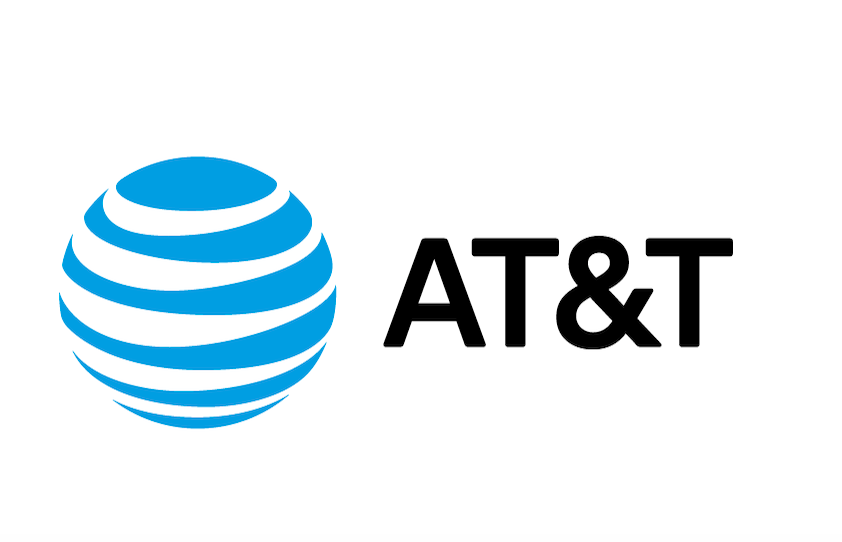AT&T: Congress Needs to Directly Fund USF

The smarter way to stay on top of the multichannel video marketplace. Sign up below.
You are now subscribed
Your newsletter sign-up was successful
AT&T said that Congress needs to directly appropriate money to subsidize the closing of the digital divide, the importance of which has become even clearer during the pandemic.
In a blog post, AT&T EVP or regulatory and state external affairs Joan Marsh said the Universal Service Fund's price to consumers is a slow-motion disaster.
Currently the broadband subsidy program, which includes for low-income residents, for reaching hard-to-reach residents where there is no business case to do so, and for schools and libraries, is paid for by a tax on voice and transport for consumers and businesses, which currently pay 26% of their monthly bills for that subsidy.
Marsh said it is time to "rethink the fund" by moving it from such a tax to a program directly subsidized by a congressional appropriation.
The subsidy is increasingly being used to support the rising demand for broadband, including IP voice, but is only based on the declining revenues on traditional voice and transport services. She says that is unsustainable.
And while many have argued that broadband revenues should be included in the contribution base, she argues that is politically impossible. "The right objects because it is deemed a tax on the internet. The left objects based on the belief that it would impede broadband adoption by raising consumer bills, hitting low-income users the hardest," she said.
She points to a number of failed FCC attempts to reform the contribution rules. "We cannot keep having the same policy debates yet expect different policy results. That is the classic definition of insanity. It’s time to chart a new course," she said. " It’s time for Congress to directly appropriate the funds to get the job done."
The smarter way to stay on top of the multichannel video marketplace. Sign up below.
Contributing editor John Eggerton has been an editor and/or writer on media regulation, legislation and policy for over four decades, including covering the FCC, FTC, Congress, the major media trade associations, and the federal courts. In addition to Multichannel News and Broadcasting + Cable, his work has appeared in Radio World, TV Technology, TV Fax, This Week in Consumer Electronics, Variety and the Encyclopedia Britannica.

